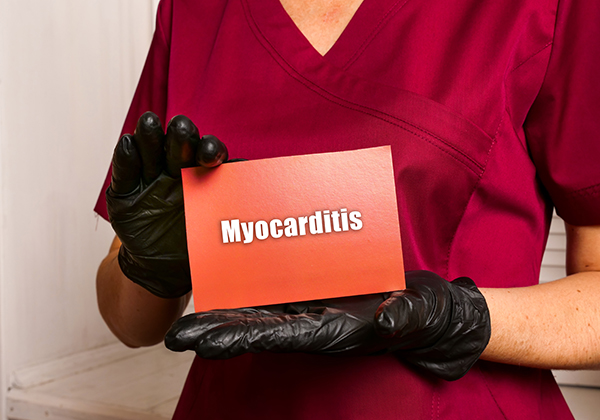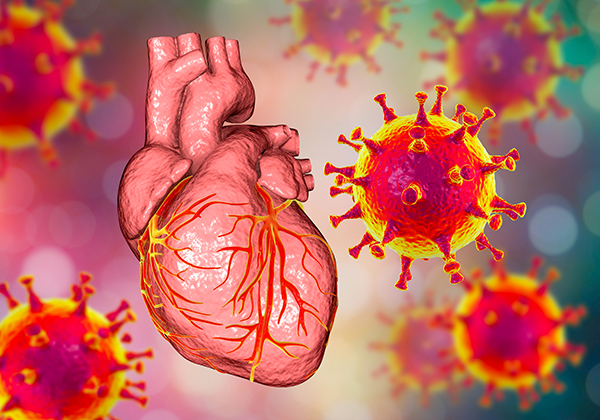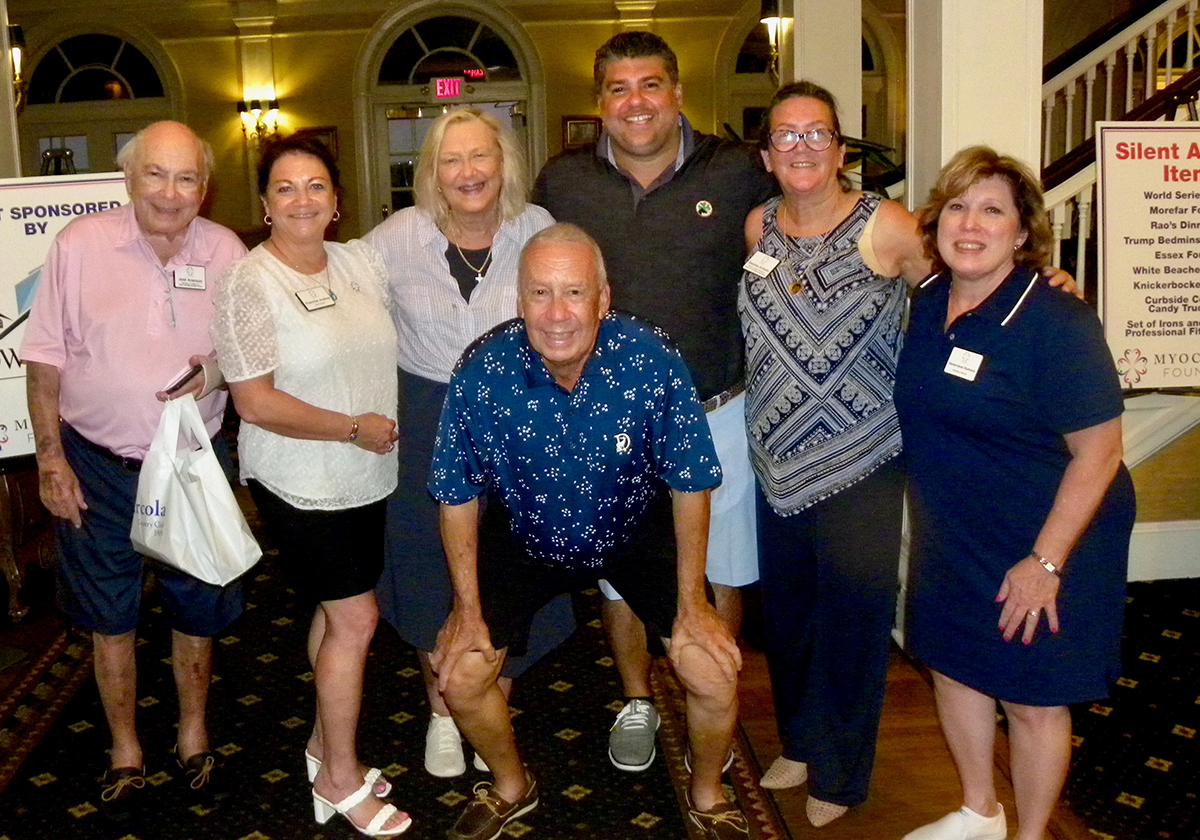(281) 713-2962
800 Rockmead Drive, Suite 155
Kingwood, TX 77339
[email protected]
Interstitial Lung Disease Research Unit Biobank
Status: Recruiting
Location: University of Kansas Medical Center
Conditions: University of Kansas Medical Center
City/State:
Kansas City, Kansas
Contact Information:
Kimberly Lovell, Ph.D.
913-588-6067
[email protected]
A Study of the Natural Progression of Interstitial Lung Disease
Status: Recruiting
Location: University of Chicago
Conditions: University of Chicago
City/State:
Chicago, Illinois
Contact Information:
Spring Maleckar
773-834-4053
Role of Genetic Factors in the Development of Lung Disease
Status: Recruiting
Location:
Conditions:
City/State:
Bethesda, Maryland
Contact Information:
Tatyana Worthy, R.N.
(301) 827-1376
[email protected]
Joel Moss, M.D.
(301) 496-1597
[email protected]
This study is designed to evaluate the genetics involved in the development of lung disease by surveying genes involved in the process of breathing and examining the genes in lung cells of patients with lung disease.
The study will focus on defining the distribution of abnormal genes responsible for processes directly involved in different diseases affecting the lungs of patients and healthy volunteers.
Optional CT Sub-study
The standard CT scan will be compared to the low dose radiation CT scan for the 150 subjects enrolled in the sub-study to assess the variation between the two techniques. Specifically, the quantitative computer aided detection of lung CT abnormalities from LAM can be compared to assess whether low radiation dose CT exams is an alternative to conventional CT to monitor disease status.
This optional sub-study will be offered to up to 100 adult subjects with lung disease and up to 50 children age 9 and older with CF. Children will not be enrolled in the optional CT sub-study unless they have had a standard CT scan for medical purposes to use in comparison. One additional low dose radiation CT scan of the chest may be done as part of this sub-study when these subjects have their next annual CT scan.
Inhaled Treprostinil in Sarcoidosis Patients With Pulmonary Hypertension
Status: Recruiting
Location:
Conditions:
City/State:
Gainesville, Florida
Contact Information:
Christina M Eagan, DNP
352-273-8990
[email protected]
Rosie Kizza, RN
352-273-7225
[email protected]
Pulmonary sarcoidosis-associated pulmonary hypertension is classified as WHO Group 5 pulmonary hypertension and may occur in anywhere from 5-20% of sarcoidosis patients. Inhaled treprostinil has shown clinical improvements in exercise capacity after 12 weeks of therapy in patients with WHO Group 1 pulmonary hypertension. More recently, there has been interest in using inhaled PAH-specific therapies for the treatment of pulmonary hypertension associated with interstitial lung disease.
The investigators believe that those patients with pulmonary hypertension in the setting of sarcoidosis-associated interstitial lung disease are a unique population which may potentially benefit from inhaled, targeted pulmonary arterial hypertension therapy (inhaled treprostinil) while minimizing the adverse effects associated with systemic pulmonary vasodilators. This study aims to evaluate the efficacy and safety of inhaled treprostinil in subjects with sarcoidosis-associated interstitial lung disease and pulmonary hypertension.
Diagnostic Yield of Intranodal Forceps Biopsies in Mediastinal Adenopathy
Status: Recruiting
Location: The George Washington University Hospital
Conditions: The George Washington University Hospital
City/State:
Washington D.C.
Contact Information:
Khalil Diab, MD
2027412180
[email protected]
Name: Benjamin Delprete, DO
2027412180
[email protected]
This is prospective, single center randomized comparative study to determine the diagnostic yield and specimen quality of endobronchial ultrasound guided intranodal forceps biopsy of patients with suspected sarcoidosis based solely on imaging. This will be a single group study and will compare transbronchial needle aspiration via 19 or 21-gauge needle with intranodal forceps biopsy.
The study aims to answer a knowledge gap a as to whether the diagnostic yield and specimen quality of EBUS-TBNA with a 19G needle is less than those obtained by 1.9mm or greater intranodal forceps biopsy. The study proposed here will add to the field by further elucidating whether this procedure is beneficial for the diagnosis as it pertains to suspected sarcoidosis.
The anticipated required enrollment is 55 patients to achieve an α of 0.05 and β of 0.2. This assumes an unassisted diagnostic yield of 62.5% with standard of care EBUS-TBNA as reported in Ray et al, and a diagnostic supplementation to 80% yield with intranodal forceps biopsies.
Full-Field Optical Coherence Tomography (FFOCT) for Evaluation of Bronchoscopic Small Biopsy Specimens
Status: Recruiting
Location: Johns Hopkins University
Conditions: Johns Hopkins University
City/State:
Baltimore, Maryland
Contact Information:
Jeffrey Thiboutot, MD
410-502-2533
[email protected]
Small biopsy specimens obtained through bronchoscopy are commonly employed for the diagnosis and staging of thoracic malignancies. Diagnostic yield is dependent on tissue quality and quantity in specimens obtained through bronchoscopy, and it is thus important to ensure adequate sampling. Rapid on-site cytology (ROSE) is a method used by having a cytotechnologist at the bedside to prepare and analyze specimens to improve the quality of tissue acquisition during bronchoscopy. Although effective, ROSE expertise is not always available to proceduralists, is costly, and reproducible techniques that can be deployed across multiple tiers of institutions are needed across the globe.
Optical coherence tomography (OCT) is an emerging technique which may provide real-time imaging with resolution approaching that of typical histopathology. This has several benefits over ROSE using histopathologic evaluation including rapid imaging with minimal tissue processing, preservation of tissue specimens for molecular testing, enhanced intracellular contrast, and adaptation to machine learning approaches to allow for a reproducible and consistent result. In fact, full-field OCT has recently been applied in several tissue types for evaluation of adequacy of pathologic specimens and evaluation of malignancy, among others. To the best of the investigators’ knowledge, this technology has not yet been evaluated for assessment of specimen quality in bronchoscopic procedures.
Thus, the investigators propose a study of full-field OCT for evaluation of small biopsy specimens obtained through bronchoscopy. The investigators aim to demonstrate the feasibility of this technology in the workflow of bronchoscopy and compare to current evaluation methods including rapid on-site evaluation (ROSE). ROSE is commonly used to evaluate adequacy of tissue diagnosis during bronchoscopic procedures including at this institution. However, studies have not shown definitive benefits over bronchoscopy without ROSE, and current expert guidelines suggest bronchoscopy with Endobronchial Ultrasound (EBUS) transbronchial needle aspiration (TBNA) may be performed with or without ROSE.
Full-field OCT has several potential benefits compared to ROSE, including rapid analysis with minimal tissue processing and preservation of tissue for further molecular testing. In addition, OCT has been used to assess surgical biopsy specimens in a non-destructive manner, so the tissues can be analyzed after imaging using standard cytological and pathological methods. Full-field OCT evaluation may be applied to other diseases in addition to further augmenting the diagnostic ability through the use of machine learning approaches.
Read more
Medication Adherence in Patients With Sarcoidosis
Status: Recruiting
Location: Johns Hopkins Bayview Asthma and Allergy Center, Johns Hopkins Greenspring Station
Conditions: Johns Hopkins Bayview Asthma and Allergy Center, Johns Hopkins Greenspring Station
City/State:
Baltimore, Maryland
Timonium, Maryland
Contact Information:
Michelle Sharp, MD, MHS
410-550-7753
[email protected]
Amanda Sevilla, BA
410-550-1859
[email protected]
Evaluation of PET Probe [64]Cu-Macrin in Cardiovascular Disease, Cancer and Sarcoidosis.
Status: Recruiting
Location: Massachusetts General Hospital
Conditions: Massachusetts General Hospital
City/State:
Boston, Massachusetts
Contact Information:
Ralph Weissleder, MD
617-726-8226
[email protected]
Macrophages are phagocytic cells of the innate immune system. Their accumulation is a hallmark of many inflammatory diseases and they have diverse roles in tissue responses to infection and injury and in tissue repair. As macrophages have a tissue specific and often disease stage specific roles, future therapies directed at macrophage subtypes at certain points in the course of a disease may be more efficacious and result in less systemic side effects, as compared to conventional chemotherapeutics. [64Cu] Macrin is designed to detect macrophages by PET imaging. As a result, PET imaging can be used to identify inflammatory “hotspots” and quantitate local macrophage density non-invasively. The investigators studies in mice showed that [64Cu] Macrin has excellent pharmacological and pharmacokinetic profile with high target uptake and low retention in background tissues and organs.
The investigators wish to first evaluate in healthy human subjects the pharmacological and pharmacokinetic profile, and the overall safety of the new radiopharmaceutical [64Cu] Macrin. The investigators will then establish the concentration of [64Cu] Macrin in patients following myocardial infarct, in sarcoidosis and in cancer patients. In a subset of patients where tissue sampling is feasible, we will correlate tracer uptake on imaging to macrophage density on histopathology or with additional standard of care imaging studies.
A Study to Assess the Efficacy and Safety of Namilumab in Participants With Chronic Pulmonary Sarcoidosis
Status: Recruiting
Location: Kinevant Study Site
Conditions: Kinevant Study Site
City/State:
Birmingham, Alabama
Palo Alto, California
Valencia, California
Denver, Colorado
Gainesville, Florida
Augusta, Georgia
Chicago, Illinois
Iowa City, Iowa
Kansas City, Kansas
New Orleans, Louisiana
Baltimore, Maryland
Minneapolis, Minnesota
Rochester, Minnesota
Greenville, North Carolina
Cincinnati, Ohio
Cleveland, Ohio
Philadelphia, Pennsylvania
Pittsburgh, Pennsylvania
Charleston, South Carolina
Rock Hill, South Carolina
Dallas, Texas
Houston, Texas
Charlottesville, Virginia
Falls Church, Virginia
Contact Information:
Gary Barrera
650-303-7132
[email protected]
This is a randomized, double-blind, placebo-controlled study with an OLE.
Participants will be randomized to receive namilumab or placebo in the 26-week Double-blind Treatment Period of the study. Namilumab, or placebo, will be administered subcutaneously (SC) every 4 weeks through Week 22 after the initial dosing period.
All participants, who complete the 26-week Double-blind Treatment Period, may be eligible to participate in the 28-week OLE.
Further details are in the protocol.
Interleukin-1 Blockade for Treatment of Cardiac Sarcoidosis
Status: Recruiting
Location: University of Michigan, Virginia Commonwealth University
Conditions: University of Michigan, Virginia Commonwealth University
City/State:
Ann Arbor, Michigan
Richmond, Virginia
Contact Information:
Jordana Kron, MD
804-828-7565
[email protected]
Antonio Abbate, ME, PhD
804-828-0513
[email protected]
Sarcoidosis is a heterogeneous disorder of unknown etiology whose signature lesions are granulomatous inflammatory infiltrates in involved tissues. Tissue commonly affected are lungs, skin, eyes, lymph nodes and the heart. In this latter case, cardiac sarcoidosis (CS) can lead to atrioventricular (AV) blocks, ventricular arrhythmias, heart failure (HF) and sudden cardiac death. Similar to other involved organs, cardiac disease generally progresses from areas of focal inflammation to scar. However, the natural history of CS is not well characterized complicating an immediate and definitive diagnosis. The management of CS often requires multidisciplinary care teams and is challenged by data limited to small observational studies and from the high likelihood of side effects of most of the treatments currently used (eg: corticosteroids, methotrexate and TNF-alfa inhibitors).
Interleukin-1 (IL-1) is the prototypical pro-inflammatory cytokine, also referred to as master regulator of the inflammatory response, involved in virtually every acute process. There is evidence that IL-1 plays a role in mouse model of sarcoidosis and human pulmonary lesions as the presence of the inflammasome in granulomas of the heart of patients with cardiac sarcoidosis, providing additional support for a role of IL-1 in the pathogenesis of CS. However, IL-1 blockade has never been evaluated as a potential therapeutic agent for cardiac sarcoidosis.
In the current study, researchers aim to evaluate the safety and efficacy of IL-1 blockade with anakinra (IL-1 receptor antagonist) in patients with cardiac sarcoidosis.

























